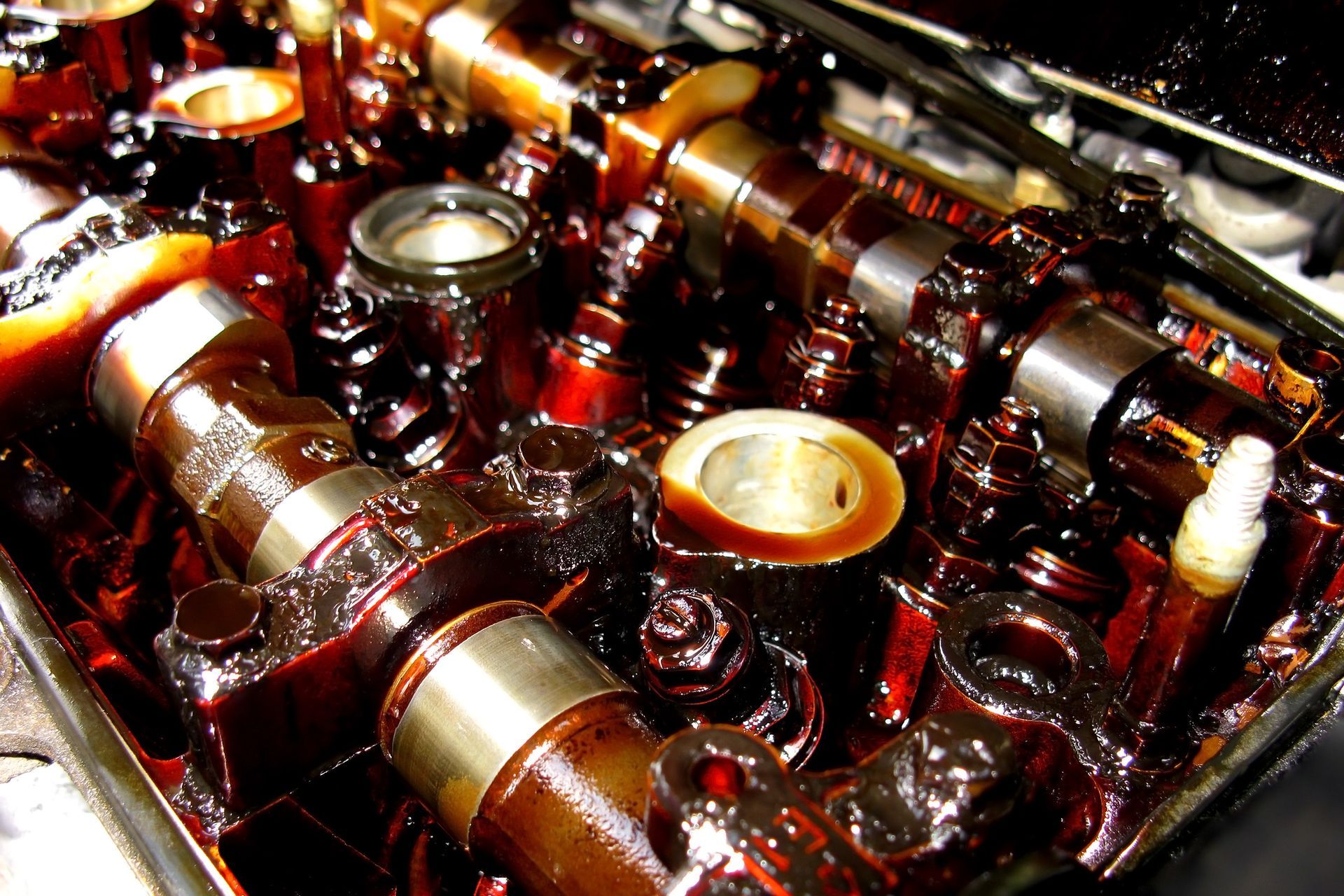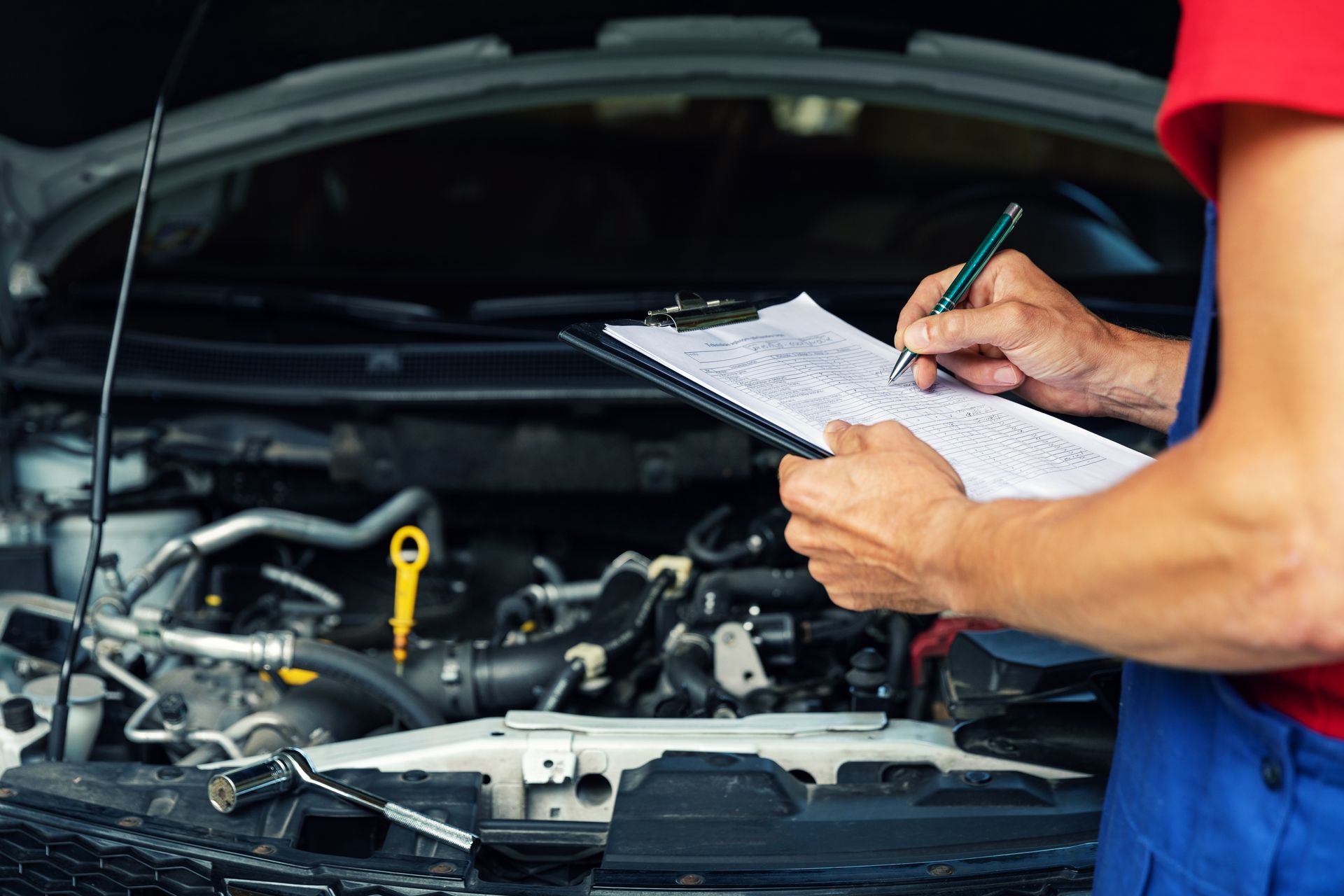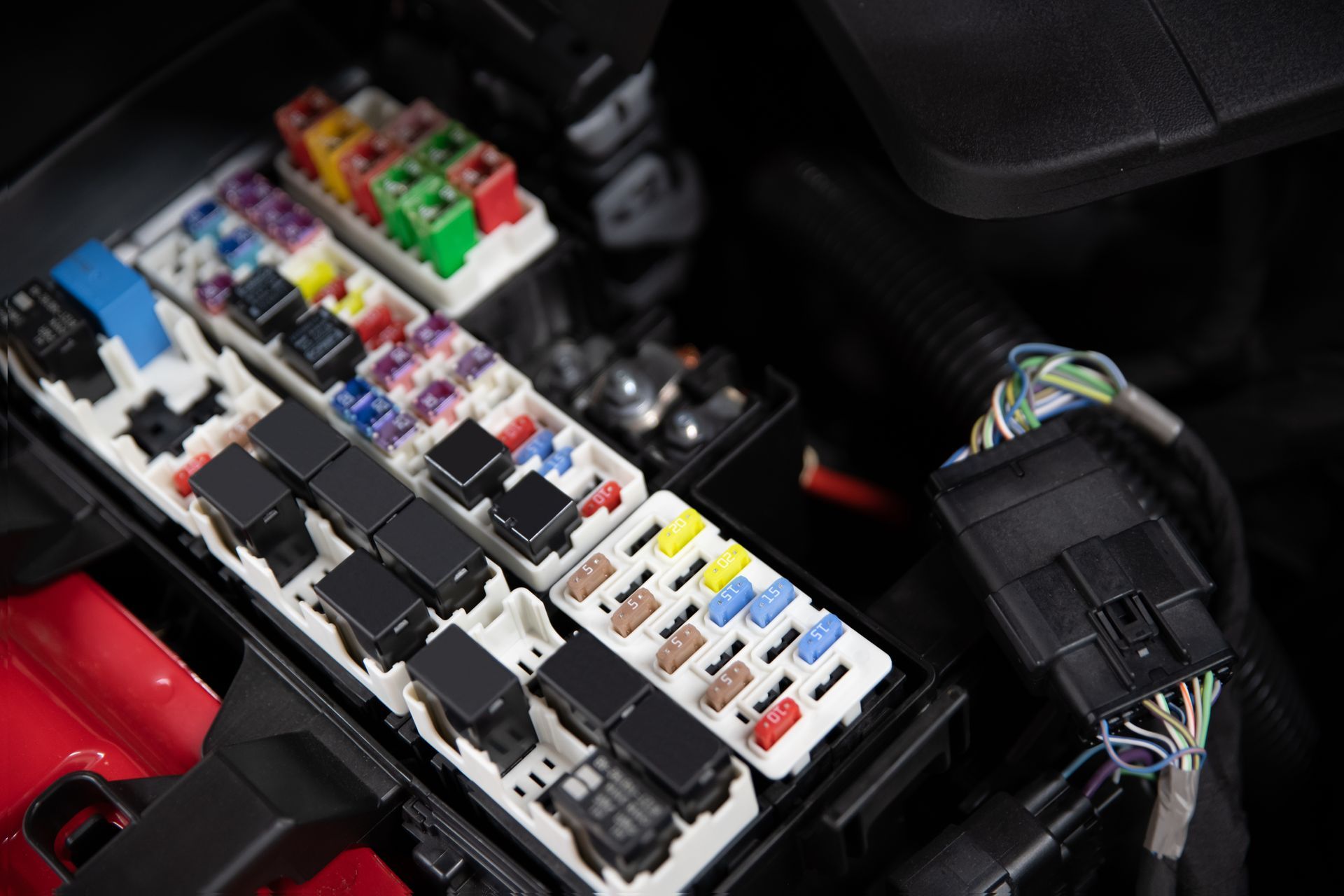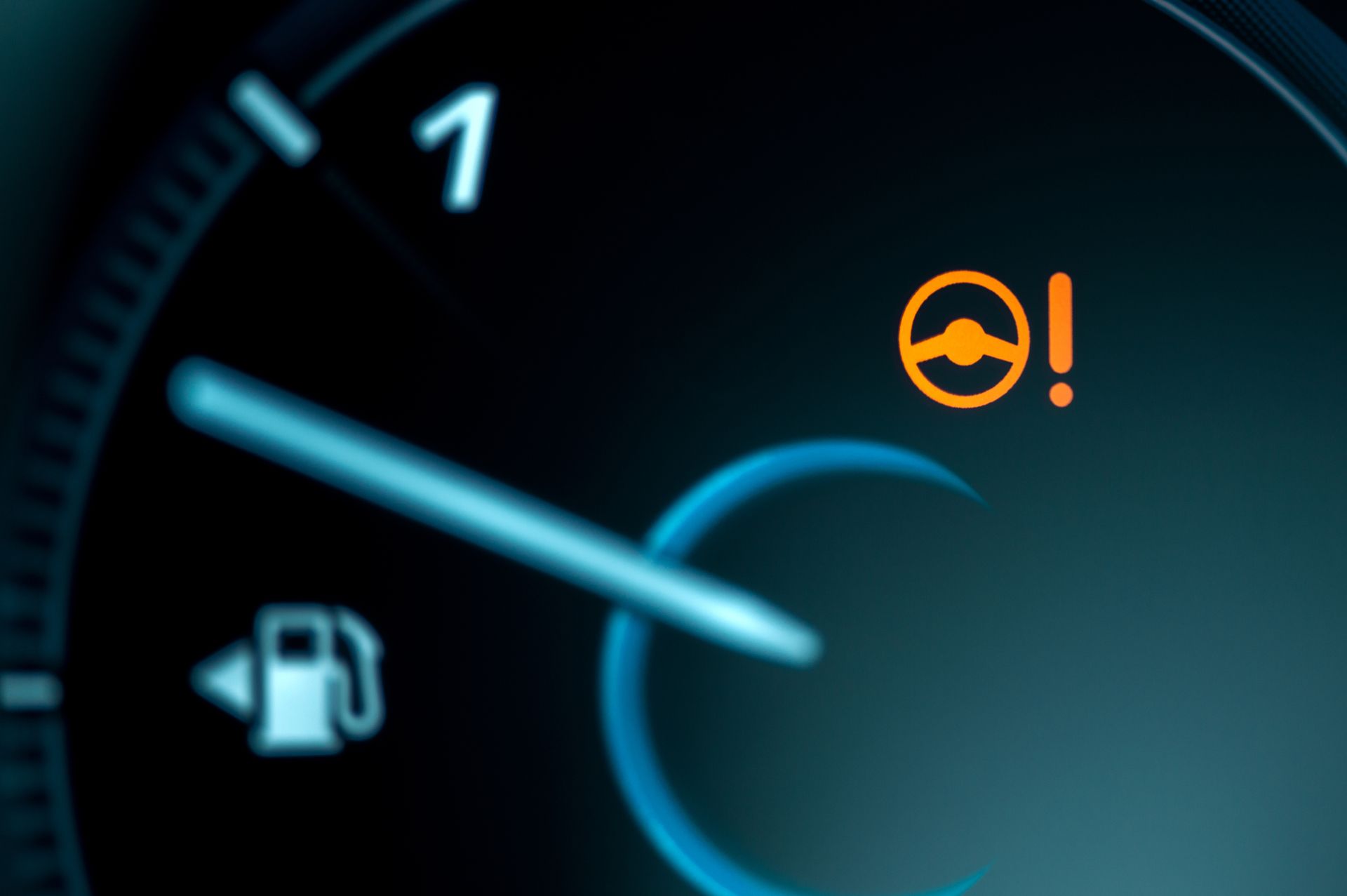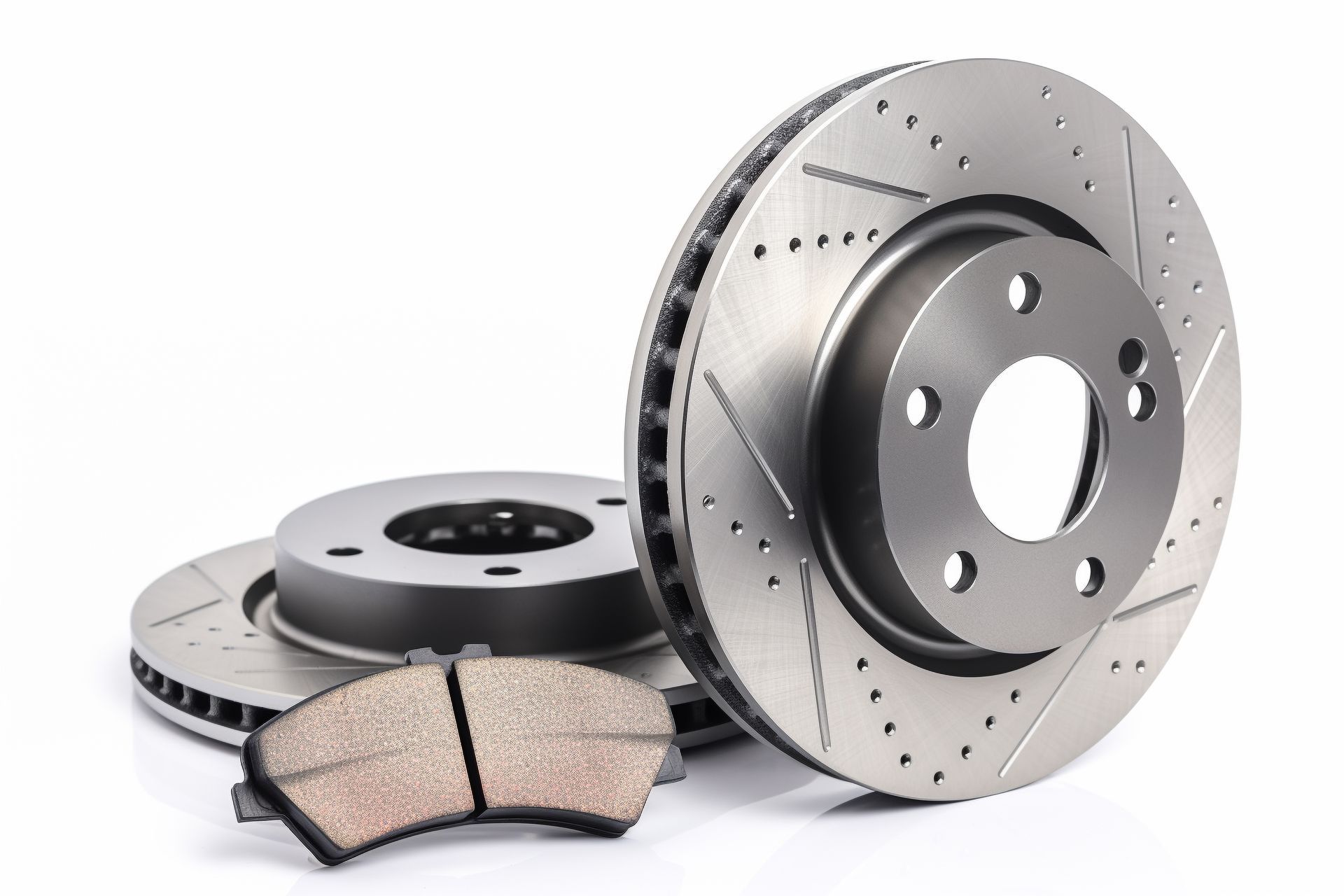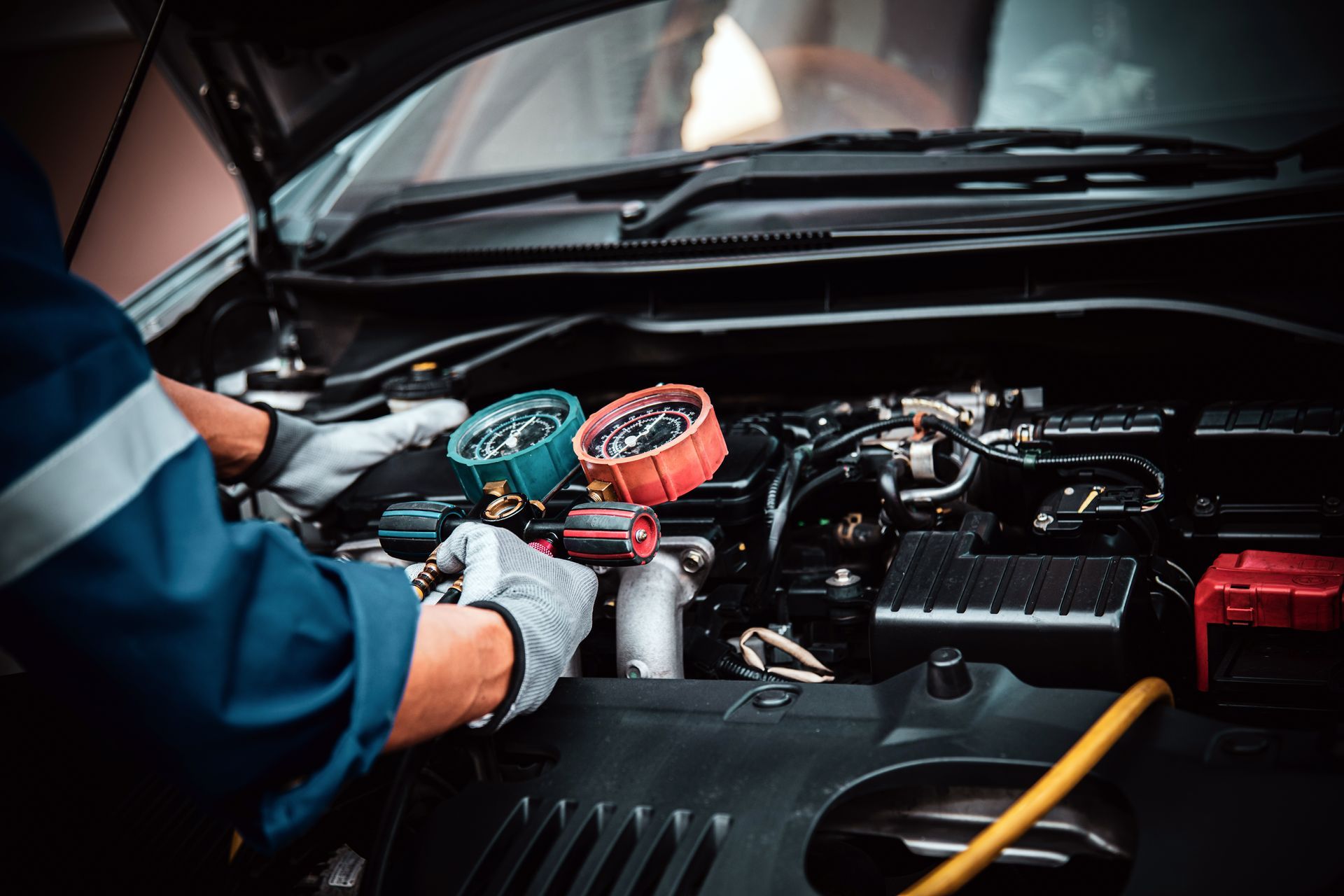When the check engine light turns on, many drivers feel a mix of confusion and anxiety. Is it something minor like a loose gas cap, or a serious issue that could leave you stranded? While the light itself doesn’t tell you exactly what’s wrong, it does signal that something in your car’s electronic control system needs attention. The sooner you get it diagnosed, the better your chances of avoiding major repairs.
How Diagnostics Reveal the Real Problem
Your car’s onboard computer system constantly monitors sensors throughout the engine, transmission, exhaust, and more. When it detects a reading outside of expected values, it stores a trouble code and often turns on the check engine light.
A diagnostic scan tool reads these trouble codes and identifies where the issue is occurring. For example, a code might point to a misfire in one cylinder, an oxygen sensor reading that’s out of range, or a problem with the evaporative emissions system. These codes give technicians a direction to begin their investigation.
Not All Problems Trigger Symptoms Right Away
Sometimes, the check engine light comes on even when the car feels fine. That doesn’t mean the issue is harmless. Many sensor-related problems affect emissions, fuel economy, or engine performance over time. What starts as a minor reading error can lead to rough running, poor mileage, or damage to expensive parts like the catalytic converter if left unaddressed.
On the other hand, if the light is flashing, that usually means there is an active misfire or another urgent issue. You should pull over and turn off the engine as soon as it is safe to do so. Driving with a flashing check engine light risks major engine damage.
Common Reasons the Light Comes On
Here are a few of the most frequent causes:
- Loose or damaged gas cap: This simple issue can cause a warning due to pressure loss in the fuel system.
- Faulty oxygen sensor: When the sensor sends incorrect data, fuel mixture becomes unbalanced.
- Failing ignition coil or spark plug: These can cause misfires, poor fuel economy, and hesitation.
- Mass airflow sensor issues: Incorrect airflow readings affect engine performance.
- Catalytic converter trouble: If emissions aren't processed properly, a warning is triggered.
Each of these problems requires a different solution, which is why diagnostics are essential before any repairs are approved.
The Value of Timely Diagnostics
Delaying diagnostics can turn small, affordable problems into expensive ones. A misfire left unchecked can damage the catalytic converter. A faulty sensor can reduce fuel efficiency or cause your vehicle to fail an emissions test. Addressing the issue early often means a faster, less costly fix.
Some shops offer free code reading, but real diagnostics go beyond pulling a code. Technicians must interpret the data, inspect affected parts, and test systems to confirm what’s actually wrong. This process ensures you don’t waste money replacing parts that aren’t faulty.
Are You Searching for an Auto Repair Shop Near You
Drivers often type “auto repair near me” or “mechanics near me” when that warning light appears. But choosing a shop based only on location isn’t enough. You want experienced mechanics who will explain the issue clearly, respect your budget, and only recommend repairs that are truly necessary.
How to Talk to Your Mechanic About the Light
When you bring your car in, describe any symptoms you’ve noticed. Did the light come on while idling? After a fill-up? Were there other changes like noise, hesitation, or loss of power? The more information you provide, the easier it is to identify the source of the problem.
Also, ask what the code means, how urgent the issue is, and what your repair options are. A trustworthy shop will take the time to explain it in plain language.
Expert Help from Payne's Automotive in Houston, TX
When your check engine light turns on, Payne’s Automotive in Houston, TX, is here to help. Our experienced technicians use professional diagnostic tools to get accurate answers. We take the time to explain what’s going on and give you clear options for repair. Whether you’re dealing with a minor issue or something more complex, we’ll get your car back to running the way it should.
Book your diagnostic appointment today and drive with confidence.

